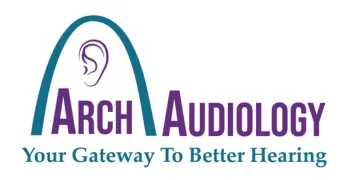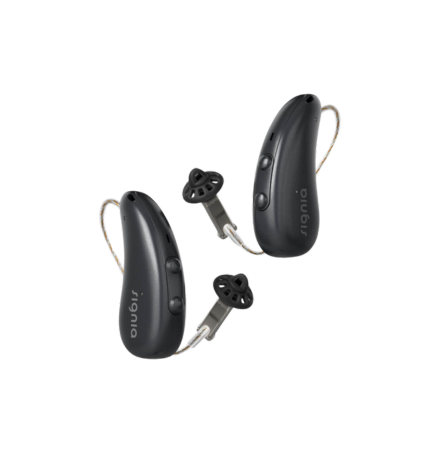The Hearing Test
Hearing Screening and Testing
Hearing loss affects more than just your ability to hear — it affects your quality of life. Arch Audiology stresses the importance of an accurate hearing test. The hearing evaluation is just the beginning of your treatment, it is essential to setting your unique care plan in motion and taking action on your hearing loss. Your in-depth hearing evaluation will help us craft a treatment plan that renews your ability to hear, allowing you to hear your best and live life on your terms.
Step One: The Interview (Case History)
The interview process helps our practice determine the extent of your hearing loss and helps us uncover specific areas requiring further attention. Some typical questions you’ll want to prepare for are:
Has anyone else in your family had hearing problems?
Have you had any illnesses or injuries that might have affected your hearing?
Have you taken any medications that might have contributed to your hearing loss?
Have you been exposed to loud noises in your workplace or while participating in leisure activities?
Step Two: Physical Examination of the Ear
We use a special instrument called an otoscope to inspect your outer ear and your ear canal. We will take a close look inside your ear and figure out whether the hearing difficulty you are experiencing could be caused by an obstruction or damage to the ear canal or eardrum. If the canal is blocked with cerumen we can remove it. We also make sure that your tympanic membrane, or "ear drum" looks healthy and normal, and that there are no perforations, or anything else visible that could be a cause for hearing loss or a reason not to proceed with your hearing exam.
Step Three: Hearing Tests
Next we will need to figure out the nature of your hearing loss. There is a chance we will include hearing tests such as the following:
Tympanometry: This procedure detects fluid, pressure, and mobility issues in the middle ear, and may show us whether your hearing issues may be related to middle ear issues.
A pure tone audiometry test to determine how well you hear in the frequency ranges of human speech (typically 250 Hz to 8000 Hz). We will perform a version of this examination using headphones, and then again with a device that sits on your mastoid bone behind your ear or on your forehead. The purpose of doing this both ways is to make sure that there is not a condition in your middle ear that is causing your hearing issues. If this test indicates that there may be a middle ear problem, we may refer you to a physician for further examination before we proceed with any treatment of your hearing loss.
A speech assessment to measure how well you hear and understand ordinary conversation at different volumes, and the potential improvement that you may see from proper hearing loss treatment.
A series of tests that check at what level sound is most comfortable for you, and at what point it becomes too loud to be comfortable. We will use this information to prescribe the proper amount of amplification to treat your hearing loss.
After the completion of these tests, your results will be documented on an audiogram. An audiogram maps out the type, degree, and configuration of your hearing loss. Your hearing loss is shown on the audiogram by frequency, as pitch and loudness of sounds change. Frequencies are measured in hertz (Hz), and the loudness or intensity is measured in decibels (dB). We will help determine whether you have trouble hearing low or high pitches and what that means for you moving forward.
Step Four: Treatment Options
We will work with you to match your lifestyle needs with the most appropriate technology, specifically designed to treat your unique hearing loss. The typical treatment for hearing loss is a hearing instrument, but for some patients, the loss is not severe enough to require amplification, so annual tests, hearing protection, or other assistive devices may be recommended. A counseling session with family members or friends about communication strategies can be helpful as well.
Trusted by specialists & patients around the country.
Helping people improve their
quality of life

Our Audiology Services

Hearing Evaluations

Hearing Aid Dispensing

2nd Opinions